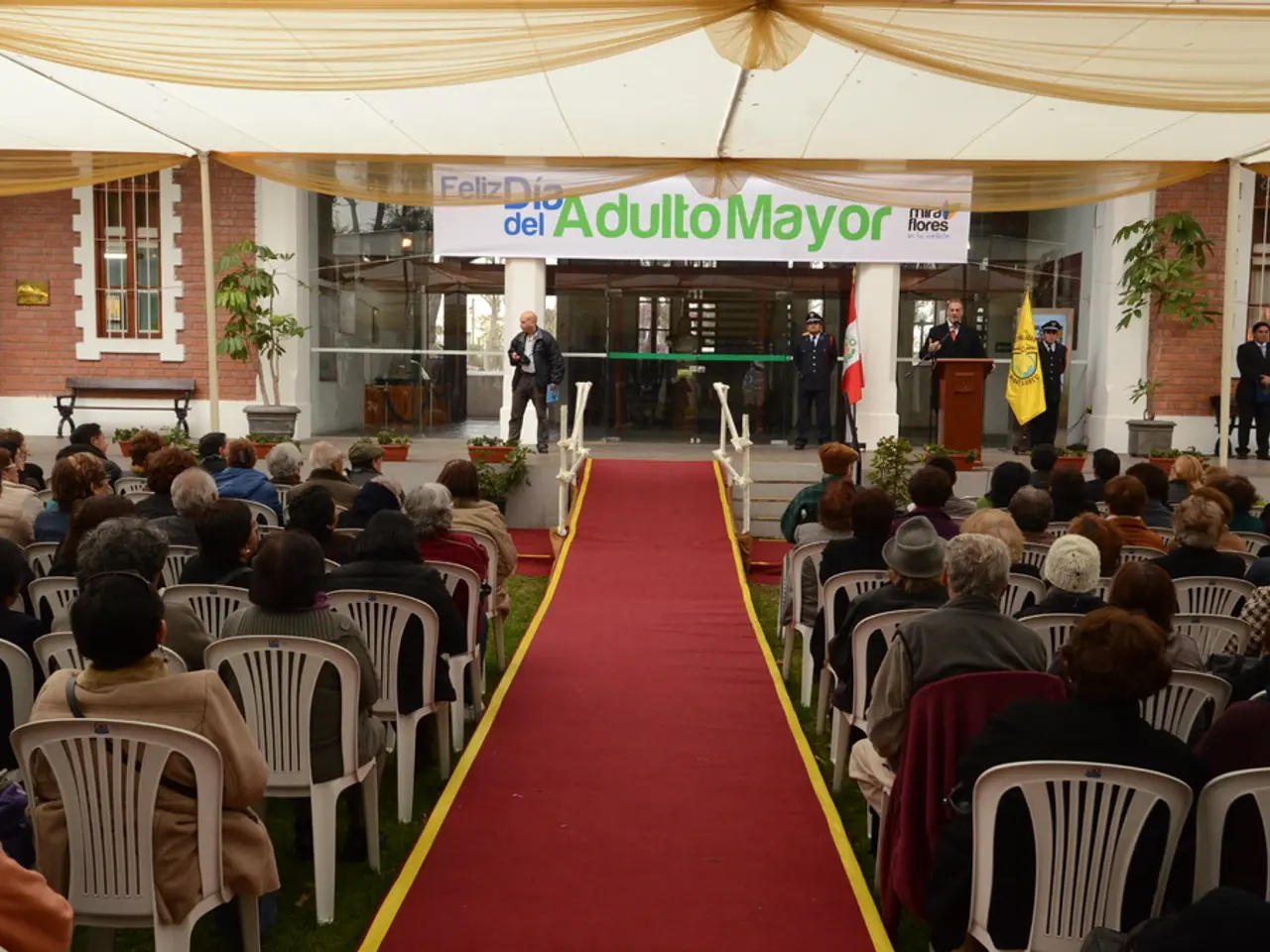Over a million low-income renters across the nation face potential homelessness as a result of Trump's proposed HUD time limit.
The Trump administration's proposal to impose a two-year limit on the U.S. Department of Housing and Urban Development's (HUD) rental assistance programs has sparked concerns among housing advocates, low-income families, and landlords alike. If implemented, the changes could lead to significant impacts on vulnerable populations and the broader housing landscape.
## Risk of Homelessness for Low-Income Families
The proposed policy could result in increased eviction rates and potential homelessness for approximately 1.4 million households, primarily working families with children[1][2]. This move disproportionately affects those who rely on these programs for stable housing, exacerbating existing housing crises.
## Administrative and Financial Challenges
Housing authorities would face substantial disruption and large administrative costs due to the need to evict families and identify new recipients[2]. Additionally, the proposal includes significant funding reductions, which could further strain local resources and exacerbate housing shortages.
## Work Requirements and Policy Shifts
The proposal also includes implementing work requirements for able-bodied adults, which could further complicate assistance programs[3]. The plan to replace federal assistance with state-administered block grants could lead to inconsistent support across regions and increased challenges for low-income tenants[4].
## Impact on Private Landlords and Housing Contracts
The proposed changes could jeopardize HUD's contracts with private landlords, who are already feeling the uncertainty as public housing authorities prepare for potential federal funding cuts[1]. This uncertainty could lead to increased turnover and costs.
A single mother in Louisville, Kentucky, Aaliyah Barnes, could lose her stable housing if her schooling takes more than two years, despite being close to achieving her dream of graduating college and becoming a nurse. Havalah Hopkins, a 33-year-old single mother who works as a chain restaurant caterer, earning $18 an hour, is at risk of losing her government-subsidized apartment with her 14-year-old autistic son, having lived there for three years.
Critics argue that the restriction could derail those working towards self-sufficiency, while HUD spokesperson Kasey Lovett asserts that there is plenty of data that supports time limits and shows that long-term government assistance without any incentive disincentivizes able-bodied Americans to work.
Multiple landlord groups have voiced their concerns about HUD's next budget in a letter to congressional leaders, while NYU's Aiken suggested that time limits could increase people's odds in the current system's "lottery." However, the Trump administration is determined to reshape HUD's role in providing stable housing for low-income people, including a two-year limit on federal government's rental assistance programs.
The diminishing housing stock available to low-income tenants has been a brewing problem for HUD, with over 50,000 housing providers leaving the voucher program between 2010 and 2020. The proposed changes could further exacerbate this issue, leading to increased housing instability and homelessness.
[1] New York University study finds millions could lose housing under Trump's HUD plan. (2020). NBC News. Retrieved from https://www.nbcnews.com/news/us-news/new-york-university-study-finds-millions-could-lose-housing-under-n1240111 [2] Trump administration's HUD proposal could lead to eviction of millions, study finds. (2020). The Hill. Retrieved from https://thehill.com/policy/healthcare/499042-trump-administrations-hud-proposal-could-lead-to-eviction-of-millions-study [3] HUD Secretary Scott Turner argues that policies like time limits will fix waste and fraud in public housing and Section 8 voucher programs. (2020). Politico. Retrieved from https://www.politico.com/news/2020/09/17/hud-secretary-scott-turner-398860 [4] Democratic Rep. James Clyburn of South Carolina says there's no evidence time limits would save HUD money and could create chaos and financial uncertainty for families. (2020). The Hill. Retrieved from https://thehill.com/policy/healthcare/499042-trump-administrations-hud-proposal-could-lead-to-eviction-of-millions-study
- The controversial proposal by the Trump administration could lead to increased homelessness for around 1.4 million low-income families, primarily working families with children, as they may face eviction due to HUD's rental assistance program changes.
- Municipalities and housing authorities would face substantial administrative challenges and disruptions, owing to the eviction of families under the proposed policy, necessitating the identification of new program recipients.
- The plan also includes a significant reduction of funding for these programs, potentially straining local resources and further exploiting housing shortages.
- Additionally, the proposal incorporates work requirements for able-bodied adults, which may complicate assistance programs and create further challenges for low-income tenants.
- The alteration in federal housing assistance programs could jeopardize HUD's contracts with private landlords, leading to increased uncertainty and costs for all parties involved.
- Critics contend that these time limits could derail individuals working towards self-sufficiency, while others suggest that the implementation of such limits may increase people's odds in the current system's "lottery." However, the Trump administration remains steadfast in its intent to reshape HUD's role in providing stable housing for low-income individuals.








